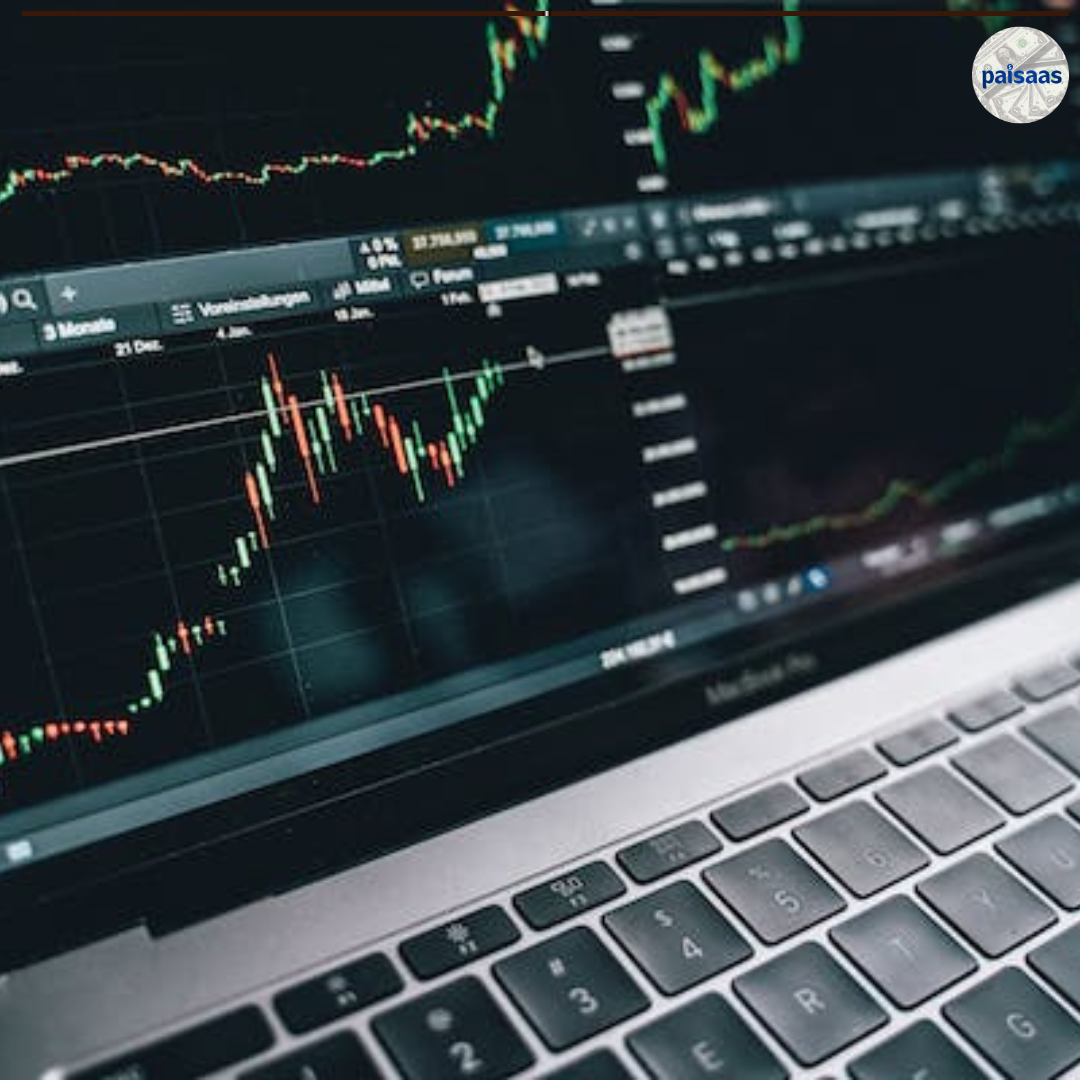

“Exploring the Interplay of International Trade and Finance: An Analysis of Economic Integration and Global Financial Flows”
Introduction: The interconnection between international trade and finance plays a crucial role in the global economy. As countries engage in cross-border trade, financial transactions and flows of capital become integral components. This article delves into the complexities of this relationship, highlighting the significance of economic integration and the role of global financial systems in fostering sustainable growth and development.
The Importance of Economic Integration: Economic integration refers to the process of reducing trade barriers and promoting closer economic cooperation between countries. It facilitates the smooth flow of goods, services, and investments across borders, contributing to increased trade volumes and economic growth. Through initiatives like free trade agreements and regional economic blocs, nations can create a favorable environment for trade and attract foreign direct investment. Economic integration also fosters specialization and economies of scale, driving productivity gains and enhancing global competitiveness. As trade barriers diminish, businesses can tap into larger consumer markets, diversify their supply chains, and benefit from a broader range of resources and technologies.
Global Financial Systems and Capital Flows: While economic integration fuels trade, robust global financial systems provide the necessary infrastructure to support international transactions. Financial systems facilitate the movement of capital, enabling investments, financing, and risk management on a global scale. They encompass diverse mechanisms such as banking systems, stock exchanges, foreign exchange markets, and international payment systems. These systems ensure efficient allocation of capital, allowing investors to deploy funds across borders and access opportunities for growth. They also provide risk mitigation instruments, such as hedging and insurance, to manage currency fluctuations and market uncertainties.
Global financial flows comprise various components, including foreign direct investment (FDI), portfolio investments, and remittances. FDI involves long-term investments in foreign countries, promoting technology transfer, job creation, and infrastructure development. Portfolio investments involve buying stocks, bonds, or other financial assets in foreign markets, providing capital to businesses and governments. Remittances, money sent by migrant workers to their home countries, contribute significantly to the economies of many developing nations.
Challenges and Opportunities : The intersection of international trade and finance also brings forth challenges. Fluctuations in exchange rates, capital outflows, and financial market volatility can pose risks to economies, particularly those heavily reliant on international trade. Additionally, financial crises in one country can quickly spread to others, underscoring the need for effective global governance and coordination. Regulating cross-border financial activities, maintaining financial stability, and addressing issues of income inequality and poverty are ongoing challenges.
However, amidst these challenges lie significant opportunities. Enhanced economic integration and global financial flows provide avenues for developing countries to participate in global value chains, attract investments, and upgrade their industries. It encourages technology transfer, knowledge sharing, and the adoption of best practices. Additionally, increased trade and financial cooperation can foster peace, understanding, and diplomatic relations between nations.
Conclusion : The interplay of international trade and finance is a dynamic and multifaceted process that shapes the global economic landscape. Economic integration drives trade volumes and promotes economic growth, while global financial systems facilitate the movement of capital and investments across borders. Despite challenges, the interconnectedness of trade and finance presents immense opportunities for countries to enhance productivity, expand market access, foster sustainable development, and achieve shared prosperity. Strengthening international cooperation, improving financial governance, ensuring inclusive growth, and embracing innovation are vital for harnessing the full potential benefits of this relationship. By fostering an enabling environment and embracing the transformative power of trade and finance, nations can build resilient economies that thrive in an increasingly interconnected and rapidly evolving world.




